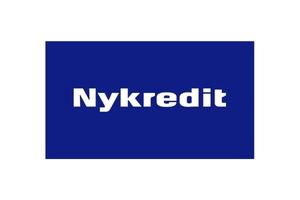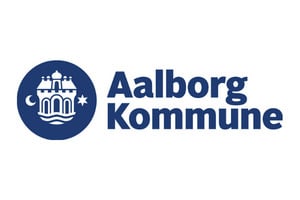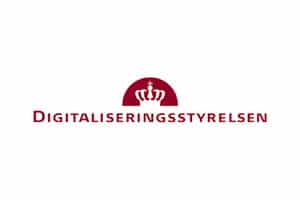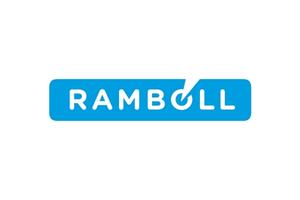Benefits of a well-defined set of values
Values stem from the theories of values-based management. Values are concise, abstract notions of desirable behavior that employees should act upon. They are guiding ideals and overarching beliefs.
The rationale behind value-based leadership is that we live in a more unpredictable world than the one that classic leadership theories are based on and try to explain. Today, leaders rarely get far if they boss around employees - especially knowledge workers, who often have more professional insight into the tasks than the leaders themselves.
Values-based leadership is for leaders who want to lead their organization with freedom under responsibility. But not complete freedom. Employees still need to perform their tasks within an overall framework that is shared by all employees and that will help the organization live up to its mission and achieve its vision.
This freedom with responsibility is one of the main benefits of a well-defined set of values. Fixed rules and procedures can quickly become stumbling blocks for highly skilled employees and specialists who need to use their knowledge to make quick decisions.
With values-based leadership and a set of values for the organization, managers delegate more responsibility to employees, allowing them to make more decisions themselves. The goal is for the values to become common points of reference that allow employees to manage themselves within the overall framework set out by the values.
The values are an alternative to a more rule-driven organization, as they clarify the overall scope of action that employees can act within.








